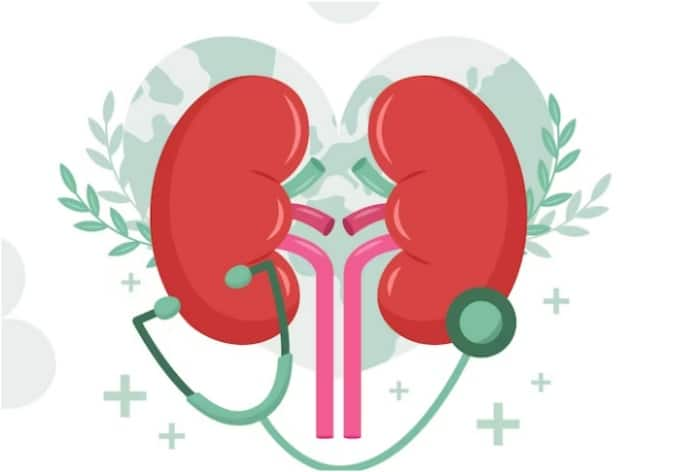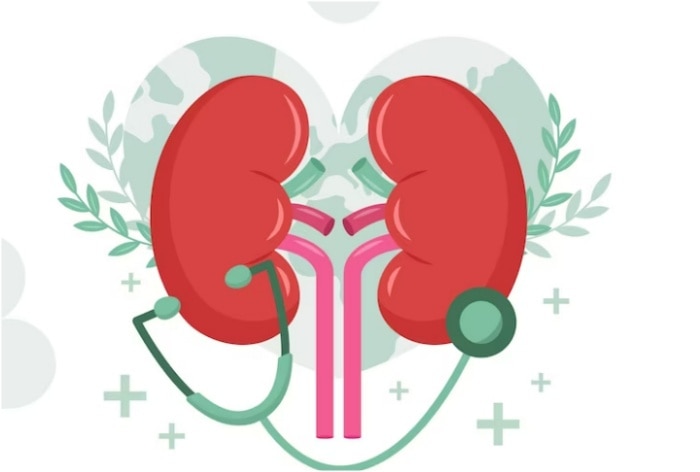Kidneys are important for removal of toxic waste from the body, while awareness is necessary, one should try to steer clear from myths surrounding it too.

Kidneys are important organs that are responsible for the removal of body waste, balancing insulin levels, regulating pH and potassium levels, etc. Kidney failure or kidney damage is slightly on the rise and a sedentary lifestyle is a significant contributor. It is thus, important to have proper awareness about the same. However, while kidney failure and kidney diseases are on the rise, the myths and misconceptions revolving around them are also scaling greater heights. Speaking with India.com, Dr. Chetan Savaliya, Director of Satvam Nutrition explained and debunked few common myths surrounding kidney problems.
5 Myths and Facts About Kidney Failure
Myth: Kidney disease is rare
Fact: There is a widely prevalent belief that kidney disease is a rare and uncommon condition. However, statistics show otherwise. Recent data suggests that over 17% of the population in India is affected by kidney disease. Complications related to kidney disease kill more individuals every year than colon and breast cancer combined.
Myth: Kidney stones lead to kidney failure
Fact: A kidney stone may temporarily affect kidney function. Cases of kidney stones causing permanent damage to the kidneys are very rare. They are not a factor causing kidney failure. However, if the patient fails to incorporate a kidney-friendly lifestyle or if there is a recurrence of kidney stones, it could increase the possibility of kidney disease.
Myth: Chronic Kidney Disease (CKD) is genetic and unpreventable
Fact: While genetics do play a role in posing the risk of CKD, several other lifestyle factors have a significant impact on kidney health. Factors like diet, exercise, and associated health conditions like hypertension and diabetes play a crucial role. Hence, genetics is not the sole and final cause of kidney disease, and its progression can be prevented or reduced by maintaining a healthy lifestyle.
Myth: Kidney disease causes back and side pain
Fact: One of the most commonly prevalent myths is that kidney failure and kidney disease are accompanied by side and back pain. Back pain may come from kidney disease if you have infection or blockage of the kidneys. Other forms of kidney disease rarely cause back pain. The most common cause of back pain is disease of the muscles or spine and not kidney disease.
Myth: Testing for kidney disease is complicated
Fact: Healthcare provider can detect the prevalence of kidney disease by just two simple and inexpensive steps. To understand kidney function and efficacy, they would require a simple blood test that would determine the glomerular filtration rate (GFR). In order to detect the amount of protein in the urine, which is a marker of CKD, a urine test is required.
Separating the facts from the existing fiction about kidney failure and diseases is crucial to take the right steps towards maintaining optimal kidney health. Understanding the condition better, including its risk factors, leading a healthy lifestyle, and taking regular check ups is the right way to tackle this increasingly common condition.

